Does the withdrawal of US combat troops mean it’s ‘mission accomplished’ in Iraq?
President strikes deal with Iraqi PM to end two decades of fighting
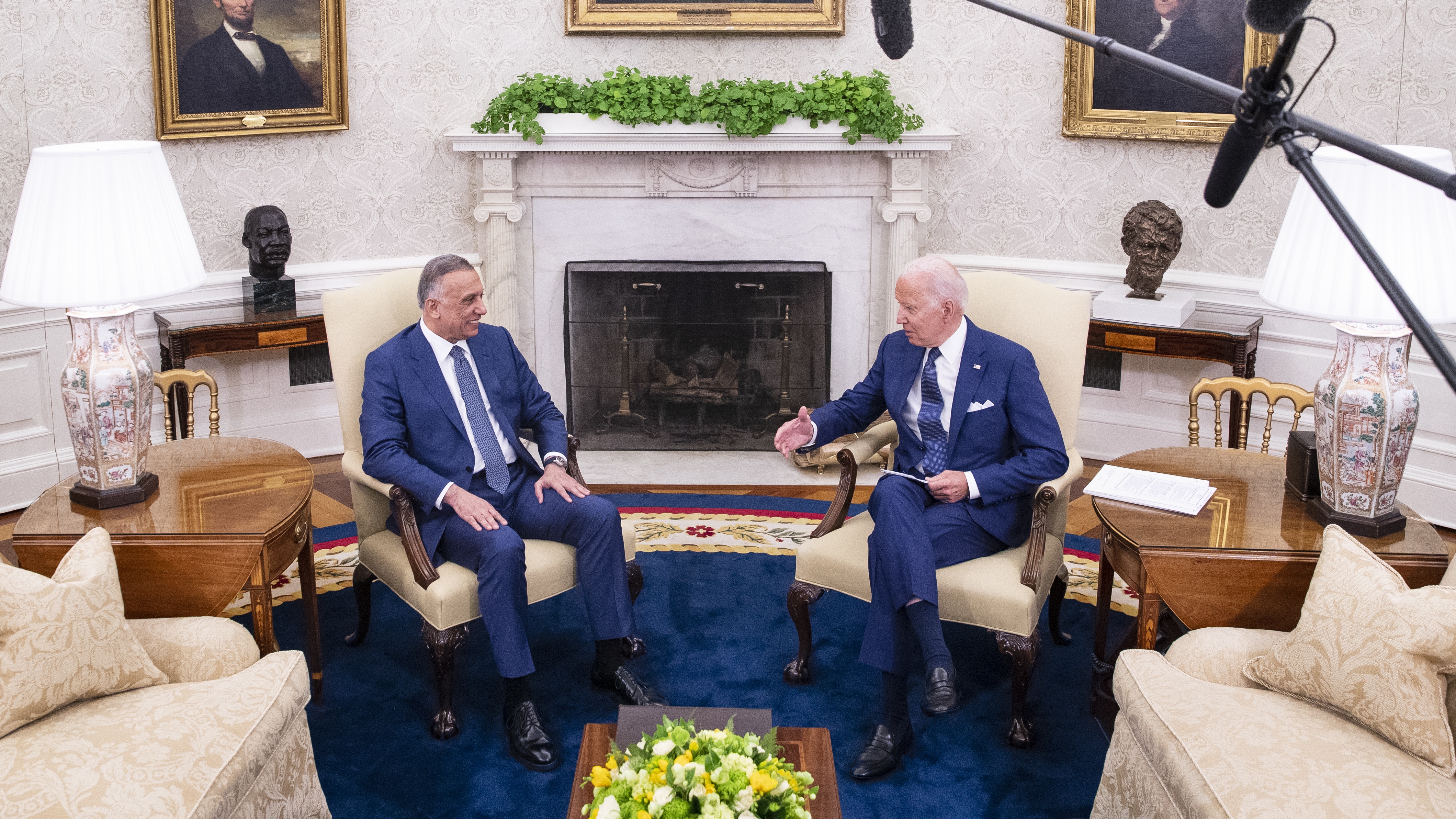
A free daily email with the biggest news stories of the day – and the best features from TheWeek.com
You are now subscribed
Your newsletter sign-up was successful
Joe Biden has announced the withdrawal of US combat troops from Iraq by the end of 2021, bringing 18 years of conflict operations to a close.
Following a meeting with Iraqi Prime Minister Mustafa al-Kadhimi at the White House, the president told reporters that troops will remain “to continue to train, to assist, to help and to deal [with] Isis as it arises”, adding: “We’re not going to be, by the end of the year, in a combat zone.”
Al-Kadhimi responded that he would “like to thank the American people on behalf of all Iraq’s people”, saying: “Today our nation is stronger than ever. I’m looking forward to working with you, Mr President.”
The Week
Escape your echo chamber. Get the facts behind the news, plus analysis from multiple perspectives.

Sign up for The Week's Free Newsletters
From our morning news briefing to a weekly Good News Newsletter, get the best of The Week delivered directly to your inbox.
From our morning news briefing to a weekly Good News Newsletter, get the best of The Week delivered directly to your inbox.
Landmark move
Some of the 2,500 US military personnel in Iraq at present will stay on after the withdrawal of combat troops and will continue to operate in a training and advisory capacity. However, an unspecified number of soldiers will leave following almost two decades of conflict that has claimed the lives of more than 4,500 soldiers since 2003.
The end of conflict operations marks “a landmark for the US”, The Times reports, ending “the invasion that led to the toppling of Saddam Hussein” and has more recently “battled Isis in the country and elsewhere in the Middle East”.
Biden has “vowed to continue counterterrorism efforts in the region”, the paper adds, with the move seen as another step in the president’s effort to shift “more attention to China as a long-term security challenge” and give Al-Kadhimi “an opportunity to prove his administration is capable of providing effective security”.
A free daily email with the biggest news stories of the day – and the best features from TheWeek.com
Withdrawal from combat operations ��is largely symbolic”, The New York Times (NYT) says, as “US troops no longer accompany Iraqi forces hunting remaining pockets of Islamic State fighters”, instead providing behind the scenes support.
However, it does represent the White House’s desire to “dial down its involvement in long-term conflicts in the Middle East”, while also granting al-Kadhimi “a political trophy to take home to satisfy anti-American factions in Iraq”.
The US military focus in Iraq has in recent years “been dominated by helping defeat Isis militants” in the country and neighbouring Syria, Sky News reports, with a senior administration official telling the broadcaster that “nobody is going to declare mission accomplished”.
“The goal is the enduring defeat of Isis,” the official added, but “if you look to where we were, where we had Apache helicopters in combat, when we had US special forces doing regular operations, it’s a significant evolution.
“By the end of the year we think we’ll be in a good place to really formally move into an advisory and capacity-building role.”
Mission unaccomplished?
The end of conflict operations marks an official change in the US role in the country rather than an end to its involvement in Iraq.
As Middle East Eye notes, US troops have increasingly shifted towards training responsibilities in recent years and will remain on the ground to provide “advice, training and support”. In other words, the “withdrawal from Iraq will take place largely on paper”, the site suggests.
Unlike the US withdrawal from Afghanistan, which has quickly “become a fraught topic in Washington”, the decision to take boots off the ground in Iraq is “unlikely to cause the same headaches”, Foreign Policy says.
This is largely because “the announcement is unlikely, in practice, to remove many of the 2,500 US troops currently stationed there”, the magazine adds, and also because “US counter-terrorism co-operation will continue” uninterrupted, Sky News says.
Al-Kadhimi is “seen as friendly to the United States and has tried to check the power of Iran-aligned militias” operating in Iraq, The Guardian reports. His government did, however, condemn a US bombing raid “against Iran-aligned fighters along its border with Syria in late June, calling it a violation of Iraqi sovereignty”.
With an election scheduled to take place in Iraq in October, the troop removal may “allow some breathing room for al-Kadhimi” who has found himself “caught between both Washington and Tehran – and on the verge of losing balance”, Foreign Policy adds.
Having won election in May 2020, al-Kadhimi has to “placate a large pro-Iran element in parliament” who voted in favour of the expulsion of US troops following the deaths of Iraqi militia leader Abu Mahdi al-Muhandis and Iranian General Qassem Suleimani in a January 2020 air strike by the Trump administration.
The prime minister has also faced “a series of devastating hospital fires” that “left dozens of people dead”, as well as “soaring coronavirus infections – adding fresh layers of frustration for the nation”, Al Jazeera says.
Looking ahead to polling day, “the ability to offer the Iraqi public a date for the end of the US combat presence could be a feather in his cap”, the broadcaster adds.
-
 US to send 200 troops to Nigeria to train army
US to send 200 troops to Nigeria to train armySpeed Read Trump has accused the West African government of failing to protect Christians from terrorist attacks
-
 Grand jury rejects charging 6 Democrats for ‘orders’ video
Grand jury rejects charging 6 Democrats for ‘orders’ videoSpeed Read The jury refused to indict Democratic lawmakers for a video in which they urged military members to resist illegal orders
-
 Political cartoons for February 11
Political cartoons for February 11Cartoons Wednesday's political cartoons include erasing Epstein, the national debt, and disease on demand
-
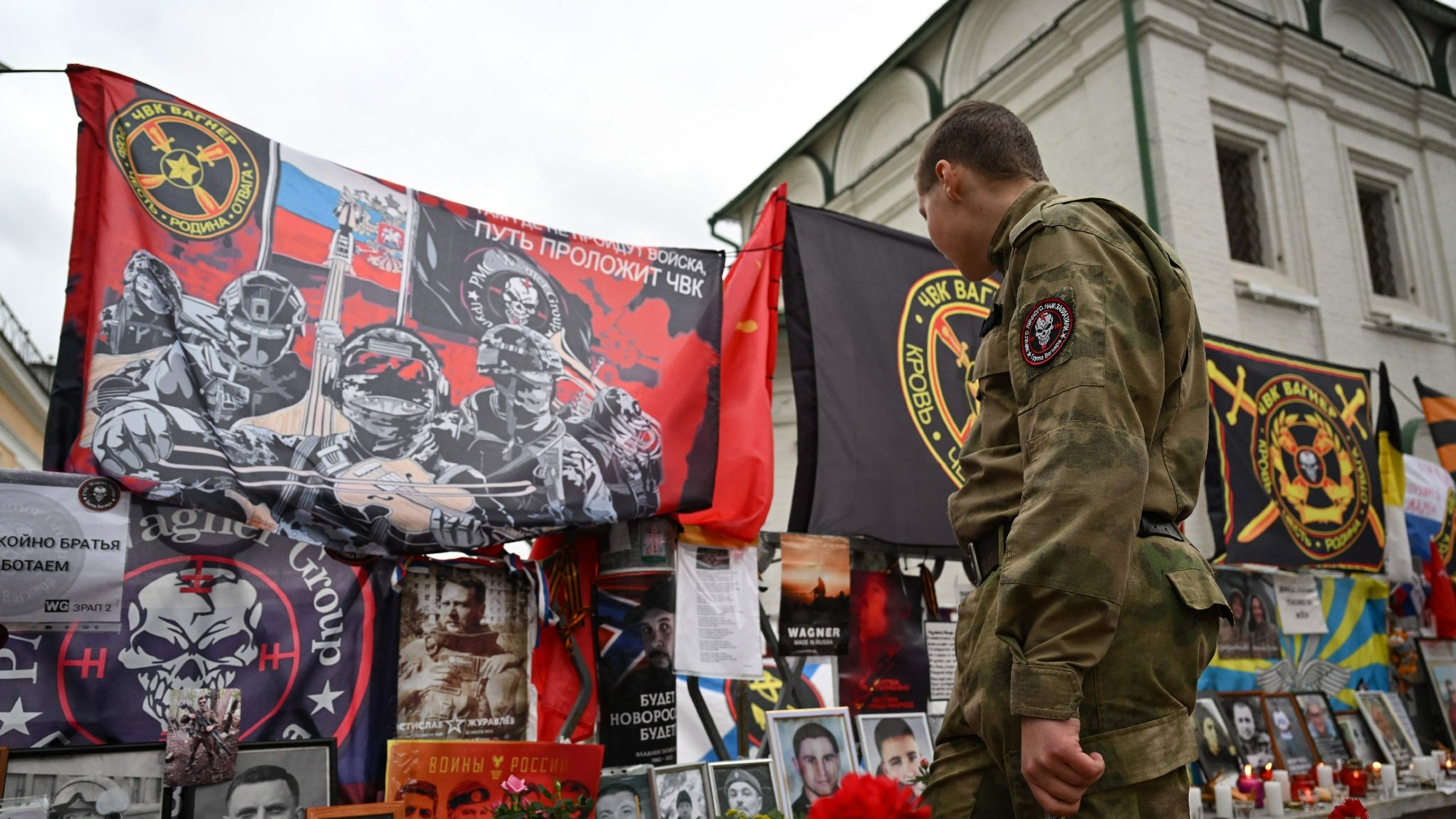 The murky role of military contractors in war
The murky role of military contractors in warThe Explainer A civil case against US company has revived debate over the increasing use of private security firms in military operations
-
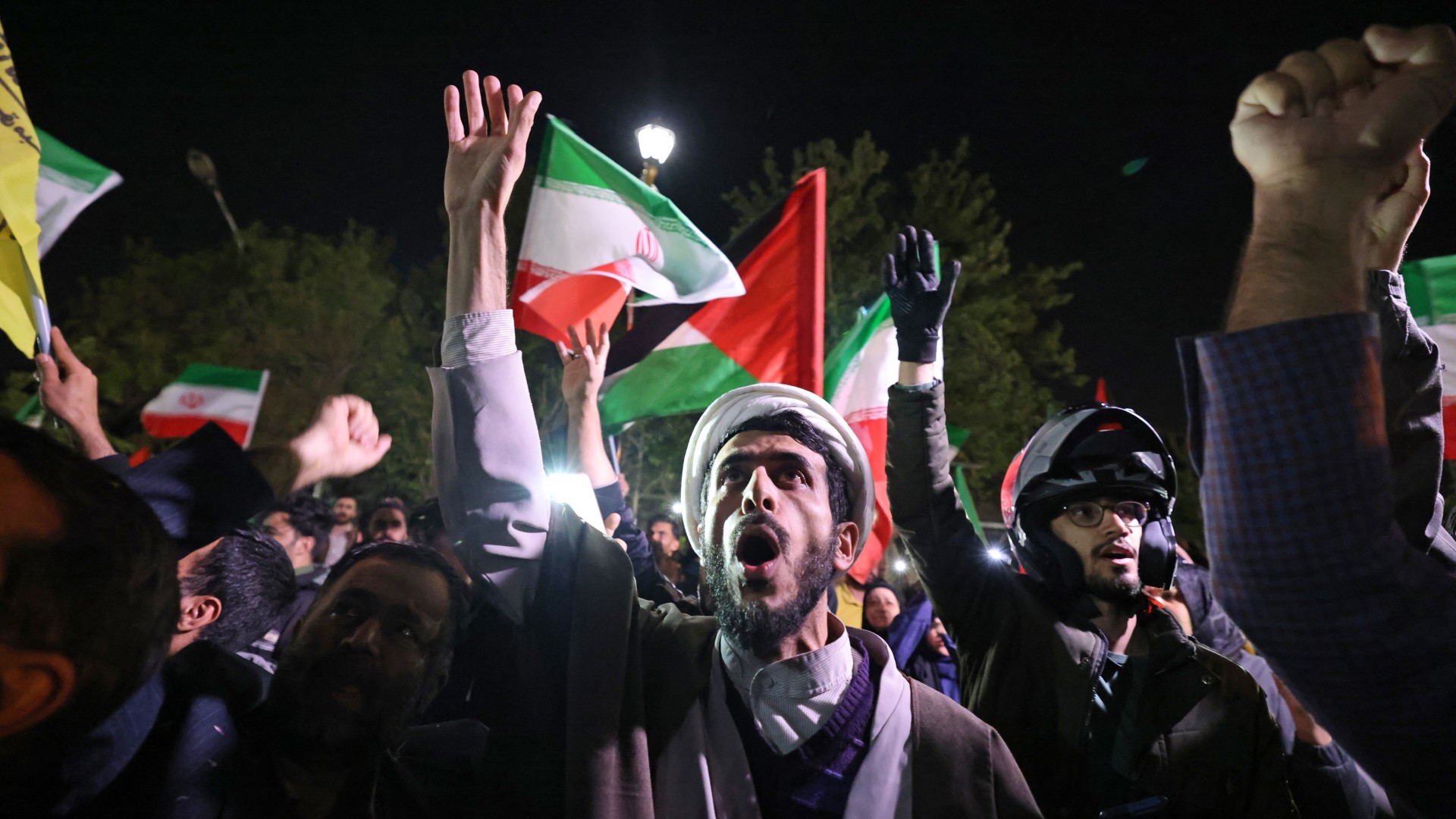 Will Iran's attack on Israel backfire?
Will Iran's attack on Israel backfire?Today's Big Question The unprecedented targeting of Israel could be a 'godsend' for Netanyahu as the limits of Tehran's military power are exposed
-
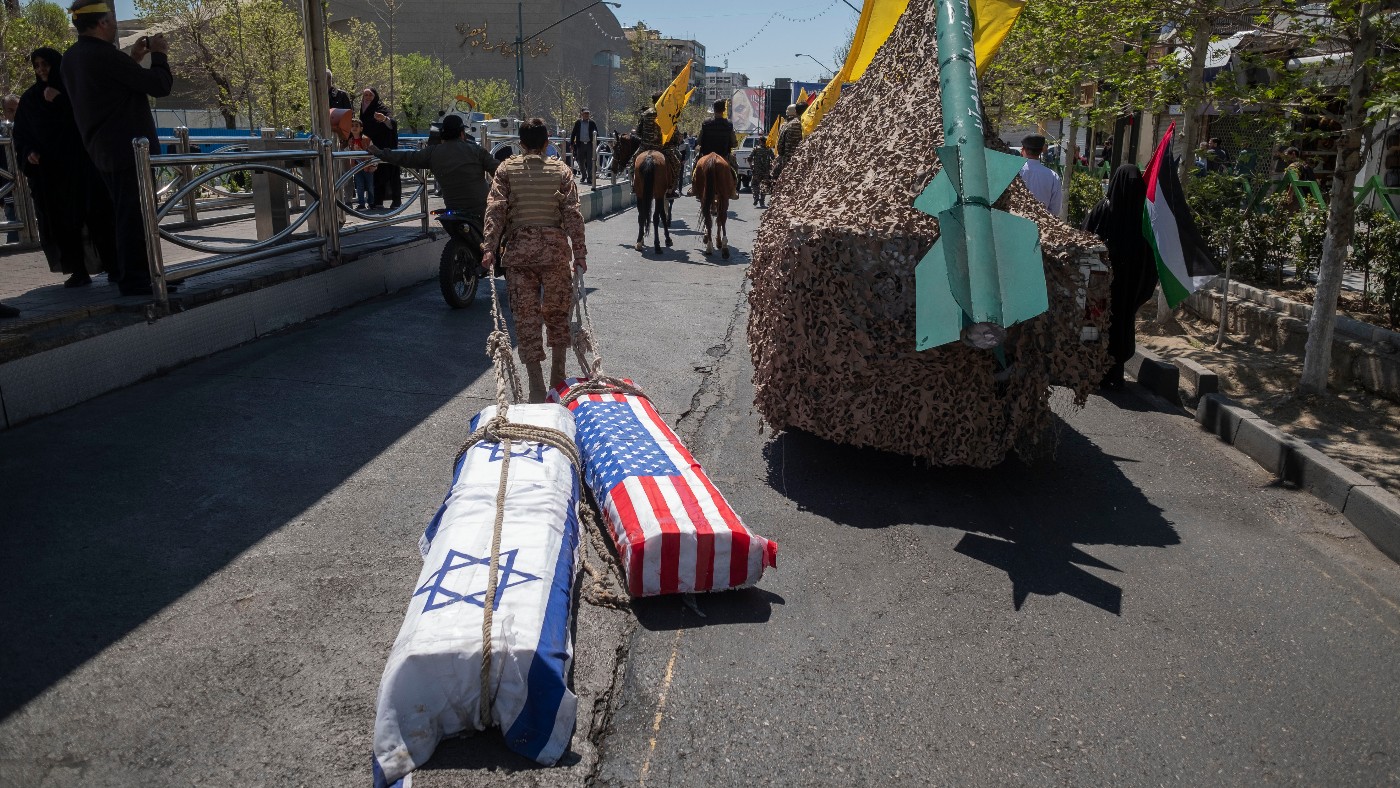 Will Iran risk all-out war with Israel?
Will Iran risk all-out war with Israel?Today's Big Question Tehran has not wanted to be directly involved in the Middle East conflict so far. But that could be about to change
-
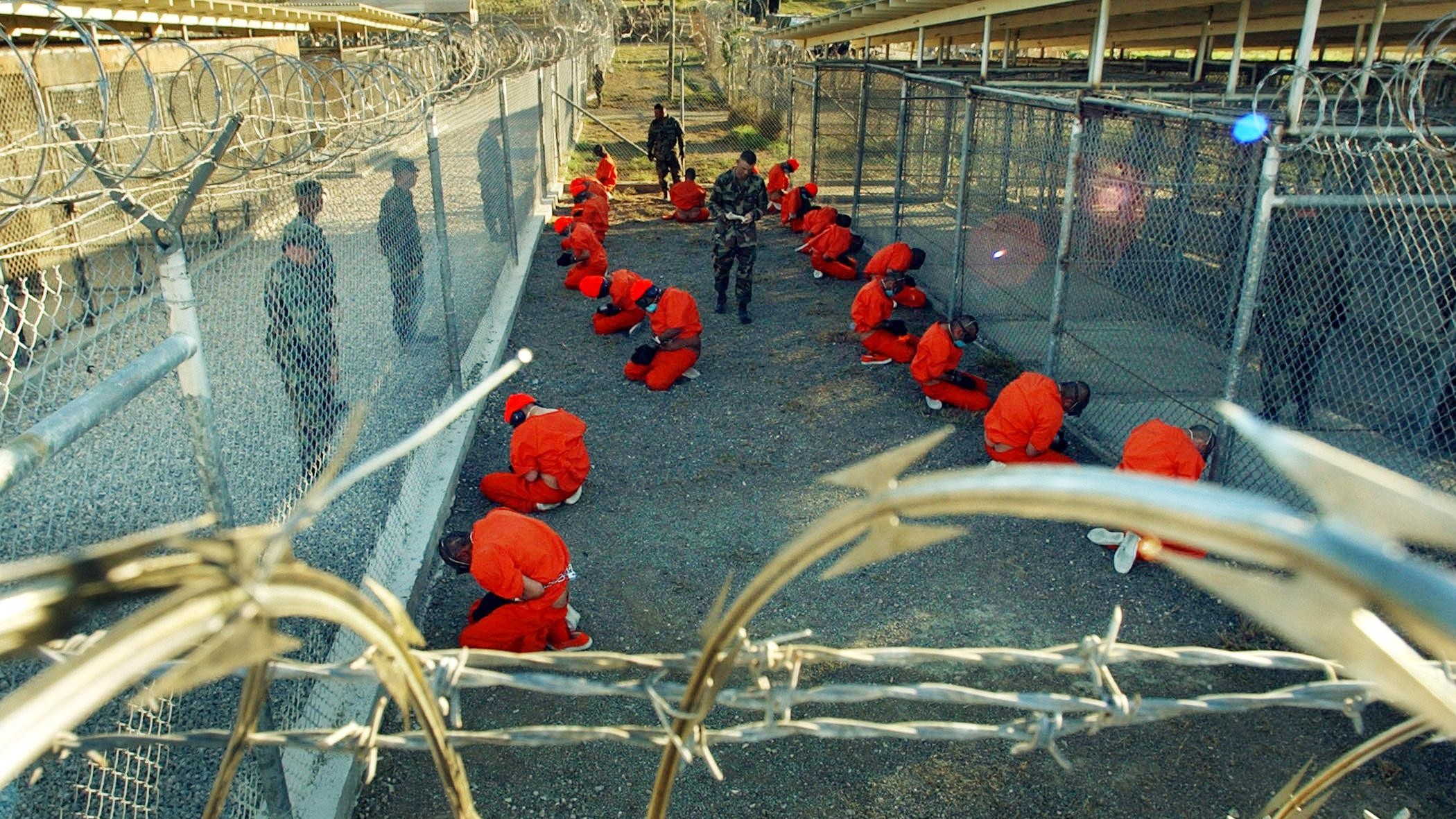 A history of Guantánamo Bay
A history of Guantánamo BayThe Explainer War of Terror's 'symbol of torture, rendition and indefinite detention' is subject of new Serial podcast series
-
 Why is Islamic State targeting Russia?
Why is Islamic State targeting Russia?Today's Big Question Islamist terror group's attack on 'soft target' in Moscow was driven in part by 'opportunity and personnel'
-
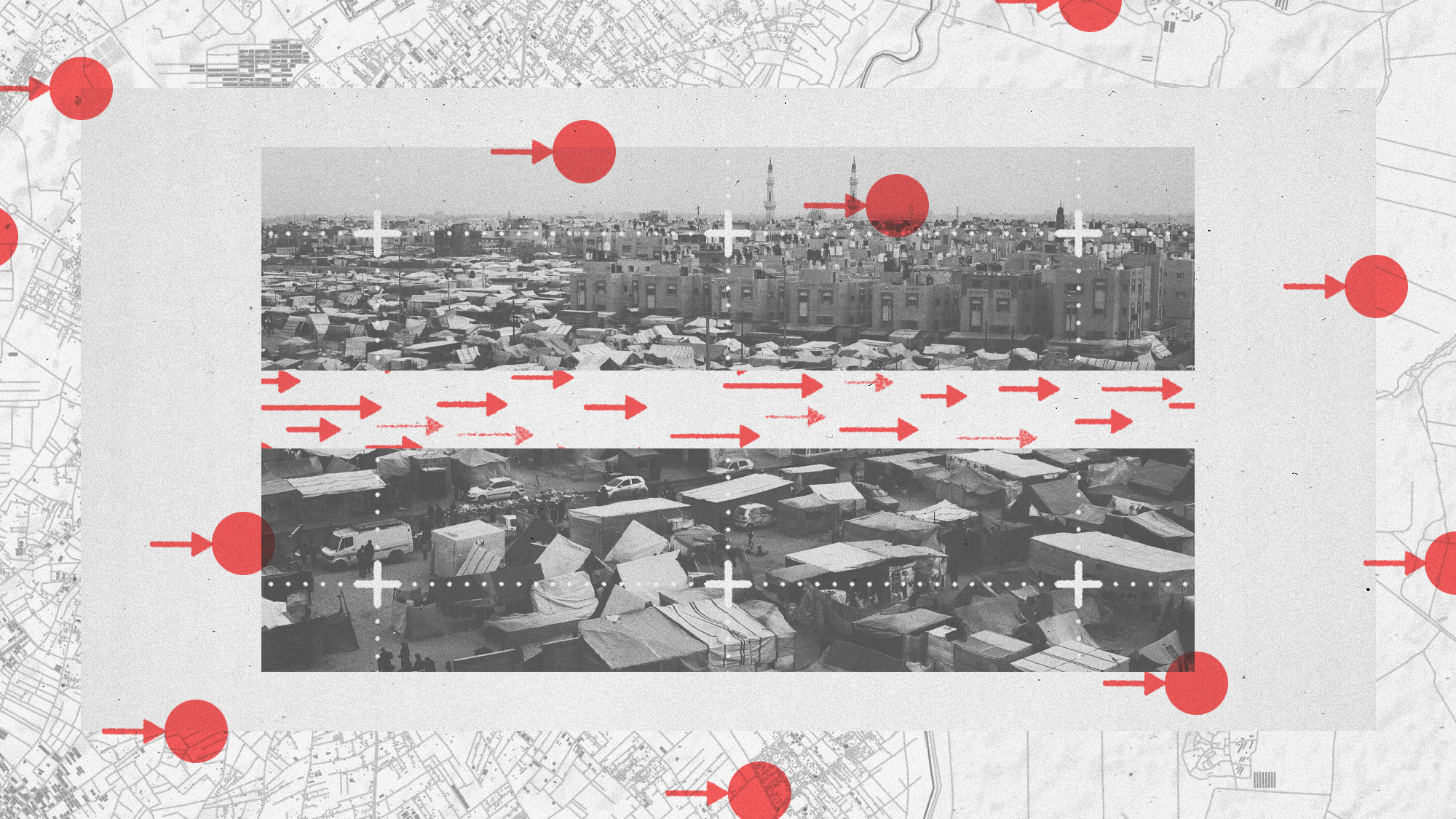 'Humanitarian islands': how will Israel's plan for Rafah civilians work?
'Humanitarian islands': how will Israel's plan for Rafah civilians work?Today's Big Question Designated zones in central Gaza to provide temporary housing, food and water for more than a million displaced Palestinians
-
 How likely is an accidental nuclear incident?
How likely is an accidental nuclear incident?The Explainer Artificial intelligence, secret enemy tests or false alarms could trigger inadvertent launch or detonation
-
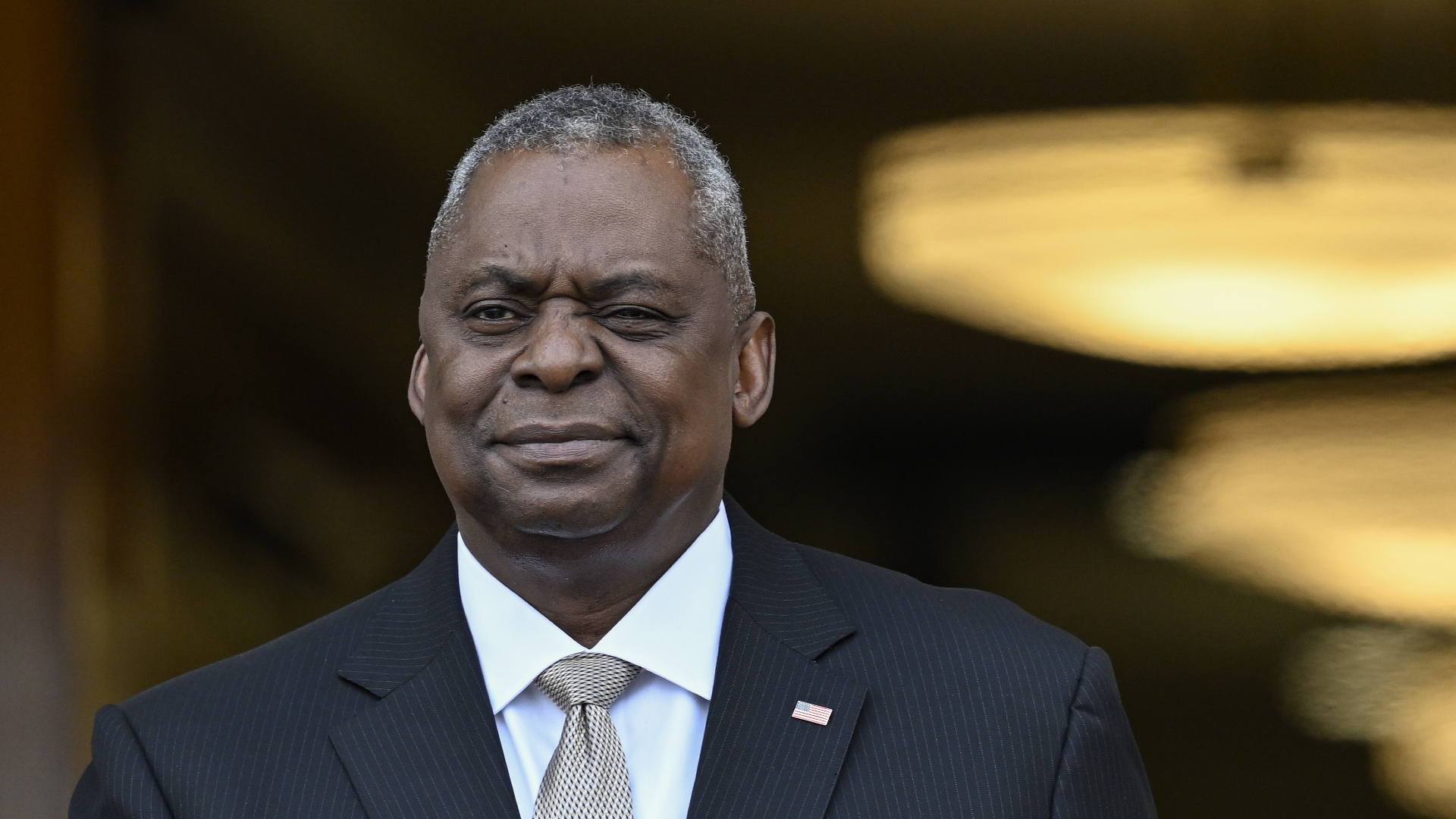 Pentagon struggles to explain Defense Secretary Lloyd Austin's secret hospitalization
Pentagon struggles to explain Defense Secretary Lloyd Austin's secret hospitalizationSpeed Read The intensely private Pentagon chief kept even President Joe Biden in the dark about his illness for 3 days